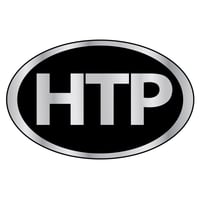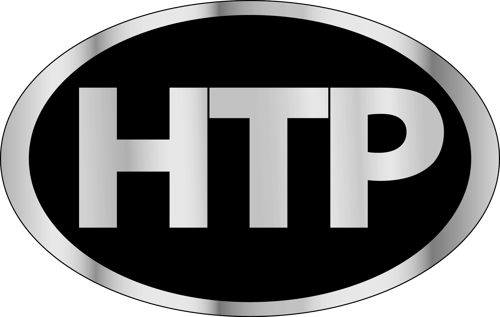Heating Tips for Efficiency
Winter is approaching, which means higher heating bills. We are always looking for tips to help heat efficiently. Below are some tips from High Efficiency Heating & Cooling.

Purchase an efficient heating system. If you are thinking about purchasing a new heating system, look for ENERGY STAR® models. These are the most energy efficient models on the market and will save energy, save money, and help the environment.**
Can’t heat up any faster. Your house won’t warm up any faster if you raise the thermostat setting. When your heating system is on it runs at the same rate regardless of the temperature setting.
Keep doors closed. Shut the door or at least try to minimize the number of times that doors to the outside are opened and closed. Each time you open the door cold air enters the house.
Seal ducts properly. Leaks develop in all air ducts over time. Sealing these leaks in ducts can reduce heating costs by up to 20% with reductions of 10% extremely common!
Take advantage of the heat from the sun. Open shades on the southern and eastern windows during the day. Close these shades when the sun goes down to keep the heat from escaping.
Don’t let heat go up the chimney. Make sure the fireplace flue is closed when you are not using it.
Distribute the heat evenly. Ceiling fans set at slow speed push warm air away from the ceiling and move it around the room without creating a chilling breeze. This spreads the heat more evenly and will make you feel more comfortable.
Turn off the pilot light. If your heating system has a pilot light turn it off during the summer. A pilot light typically costs $3-$5 per month to keep lit so why not turn it off when you aren’t using it.
Tune up your heating system. Have your heating system tuned and inspected by a service professional. Losses from a poorly maintained system accumulate over time – sometimes at a rate of 1-2% each year.
Insulate properly. Make sure that your wall and attic are properly insulated. Adding batts of fiberglass insulation in your attic is one of the most cost effective savings measures and one that you can do yourself.
Seal Leaks.Leaks develop in all air ducts over time. Sealing these leaks in ducts can reduce heating costs by up to 20% with reductions of 10% common!
Lower your thermostat. Lowering the thermostat by as little as 1° F typically reduces your heating bill 1-3%. Most energy experts recommend setting the thermostat to 68° F or less, and several degrees cooler overnight. Make sure you lower you thermostat if you are leaving the house for any period of time; you use much less energy to heat the house up when you return than to keep it heated while you are away.
Conserve with a programmable thermostat. A programmable thermostat lets you easily lower the thermostat during periods when no one is home, as well as lower the temperature overnight without having to freeze in the morning while waiting for the heat to rise. You might save as much as 20% on your heating costs and recover your investment in the first year.
Use the sun’s heat. Open drapes and shades during the day to let in the heat from the sun.
Insulate your hot water pipes. Hot water heating systems use a network of pipes to distribute heat through your house. Uninsulated pipes waste energy. Wrapping pipes that are readily accessible with insulation is easy to do and fairly inexpensive. Pipe insulation made of fiberglass or foam can be found in all building supply stores. Use insulation with a wall thickness of 3/4 in. for fiberglass and 1/2 in. for foam.
Single pane windows can be a real pain. Not only are they inefficient, but worn and dirty windows can be unsightly as well. Replacing them with energy-efficient windows is a major investment, but in colder climates the heating savings can be considerable.
Caulk. Caulk windows and doors to prevent drafts.
Insulate outlets. Electric outlets let cold air into the house. Remove the outlet covers and insert special insulation underneath. Use special insulating plugs in all outlets that are not being used.
(Original blog: http://highefficiencydenver.com/2013/01/16/heating-tips-for-efficiency/)
**All of HTP's products are energy efficient! Read our blog to find out which ones are Energy Star Certified!
Five Ways to Keep Your Holiday Season Energy Efficient
Follow HTP on Social Media

